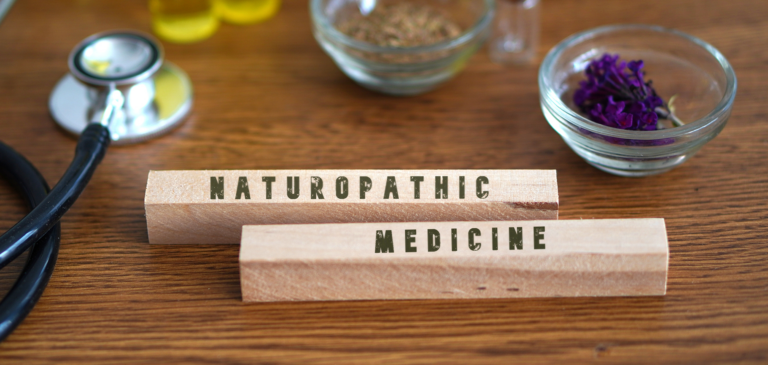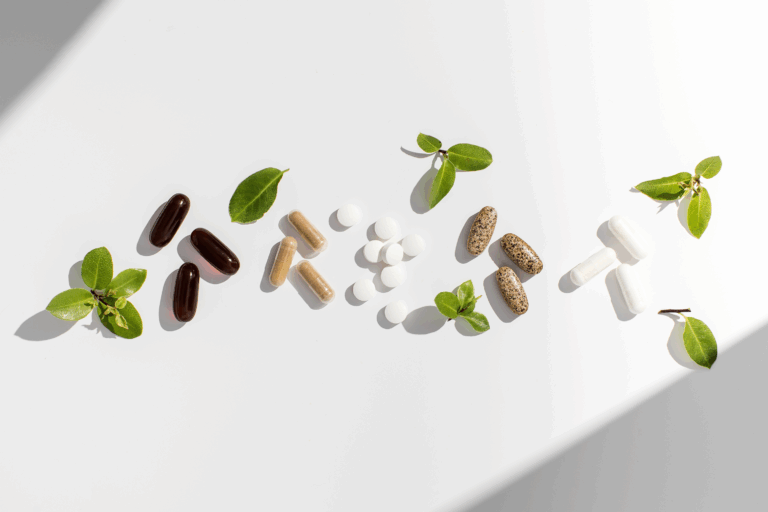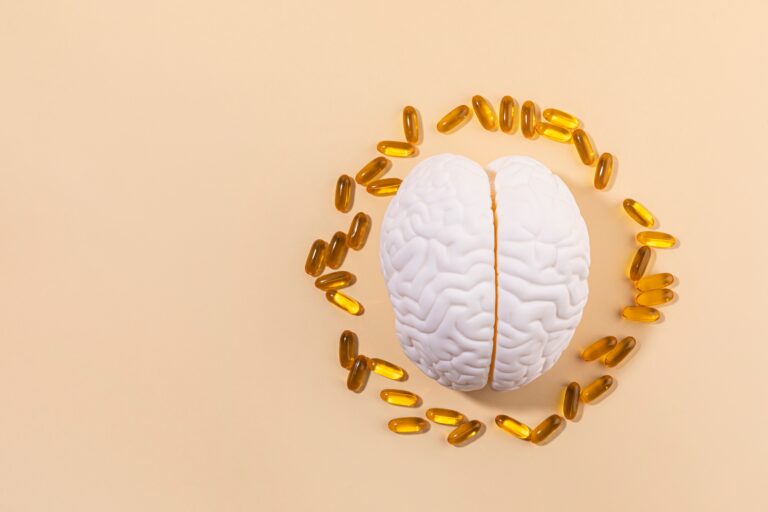Inflammation During the Immune Response
Summary
The immune system initiates a series of inflammatory reactions in response to a potential invader. This response is critical to a healthy immune system, but excessive or prolonged inflammation can wreak havoc on the body.
The immune system is critical to keeping unwanted pathogens and antigens out of the body. Between its two components, the innate and adaptive immune systems, it defends against a variety of potential threats while also learning to tolerate benign, non-self compounds. This complex interplay requires the coordination of many types of specialized immune cells, signaling molecules, and tissues. The initial response to a perceived threat includes an inflammatory response initiated by the innate immune system to rapidly neutralize any threat before it can infiltrate, enter circulation, and harm the body. Therefore, inflammation during immune response is a vital component of the body’s defense mechanism.
What is the Inflammatory Response?
Inflammation is the mechanism the immune system uses to respond to harmful stimuli, including pathogens, damaged or infected cells, and toxic compounds.1 The purpose is to neutralize potentially harmful compounds, remove the stimuli, and initiate the healing process to restore any damaged tissues.1 During the inflammatory response, a variety of immune cells, and inflammatory mediators, including cytokines, enzymes, and other active molecules coordinate the initiation, continuation, and eventual resolution of inflammation.1
Mechanisms of Inflammatory Response
The specific inflammatory response that occurs in the body depends on the stimulus as well as the site of the infection. However, the inflammatory response generally follows the same sequence. First, microbial structures trigger the inflammatory response via activation of receptors on immune cells.1 These microbial structures can be pathogen-associated molecular patterns (PAMPs) or danger-associated molecular patterns (DAMPs).1-3 Types of common PAMPs and DAMPs include:
| PAMP | DAMP |
| Lipopolysaccharide (LPS) | Mitochondrial DNA (mtDNA) |
| Peptidoglycan | Heat shock proteins |
Next, inflammatory pathways, such as MAPK, NF-κB, and the JAK-STAT, are activated via cellular signaling molecules and pathways. Each of these is activated by specific stimuli and plays a unique role in the regulation of inflammatory processes as well as other cellular processes such as apoptosis and gene expression.1
Once inflammatory pathways are activated, vascular permeability changes to allow for increased traffic to the site of injury or infection, including cytokines released from immune cells.1 Cytokines are chemical signals that can promote or suppress inflammation, together regulating inflammation in the body. Pro-inflammatory cytokines recruit leukocytes to the site of infection or injury, where they can phagocytize pathogens and damaged cells.1 Upon arrival, immune cells amplify the response by releasing local inflammatory mediators.1
When the pathogen has been neutralized, a healthy immune system will begin to suppress the inflammatory response to prevent additional tissue damage.1 The concentration of cytokines and chemokines declines, immune cells are no longer recruited to the site of infection, tissue infiltration by neutrophils is reduced, and neutrophil apoptosis begins followed by clearance of cellular debris and the initiation of healing.1 Dysregulation of this process can lead to uncontrolled, chronic inflammation, which contributes to a variety of diseases including atherosclerosis, type 2 diabetes, and cancer.1,2,4
Clinical Implications of Inflammation
Many people may have an incorrect view of inflammation, assuming that all inflammation is bad. The inflammatory response is crucial to a healthy immune system, ridding the body of harmful pathogens and initiating the healing of damaged tissue. Understanding the inflammatory response can help improve patient outcomes by understanding that the proper approach is not to always suppress inflammation. Instead, the goal should be to support healthy inflammation, enabling better outcomes for the patient. Supporting healthy inflammation allows the acute inflammatory response to progress as part of the immune response but also supports healthy resolution of inflammation, preventing chronic inflammation.
Several lifestyle factors can support healthy inflammation and enhance immune health. Observing healthy sleep habits and exercising regularly can help support both the immune system and inflammation. Additionally, dietary choices can significantly support, or hinder, healthy inflammatory pathways. Some of the most potent anti-inflammatory herbs include turmeric and rosemary, while omega-3 fatty acids function as inflammatory mediators, suppressing excessive inflammation while promoting healthy inflammatory processes and mediators.5,6 Other healthy foods for inflammation include:
| Foods | Herbs |
| Green tea | Ginger (Zingiber officinale) |
| Red grapes | Milk thistle (Silybum marianum) |
| Cocoa powder | Hawthorn (Crataegus monogyna) |
Inflammation is a necessary element of the immune response, helping to destroy dangerous pathogens and restore homeostasis to infected tissues. Supporting healthy inflammation is key to allowing this response to occur while preventing excessive, chronic inflammation. Foods and herbs, as part of a healthy diet, can support healthy inflammation and boost immune health.
- Chen, L., Deng, H., Cui, H., Fang, J., Zuo, Z., Deng, J., Li, Y., Wang, X., Zhao, L. (2018). Inflammatory responses and inflammation-associated disease in organs. Oncotarget, 9(6):7204.
- van de Vyver, M. (2023). Immunology of chronic low-grade inflammation relationship with metabolic function. J Endocrinol, 257(1):e220271.
- Rai, V., Mathews, G., Agrawal, D.K. (2022). Translational and Clinical Significance of DAMPs, PAMPs, and PRRs in Trauma-induced Inflammation. Arch Clin Biomed Res, 6(5):673.
- Headland, S.E., Norling, L.V. (2015). The resolution of inflammation: Principles and challenges. Semin Immunol, 27:149.
- Serafini, M., Peluso, I. (2016). Functional Foods for Health: The Interrelated Antioxidant and Anti-Inflammatory Role of Fruits, Vegetables, Herbs, Spices and Cocoa in Humans. Curr Pharm Des, 22(44):6701.
- Ghasemian, M., Owlia, S., Owlia, M.B. (2016). Review of Anti-Inflammatory Herbal Medicines. Adv Pharmacol Sci, 2016:9130979.







